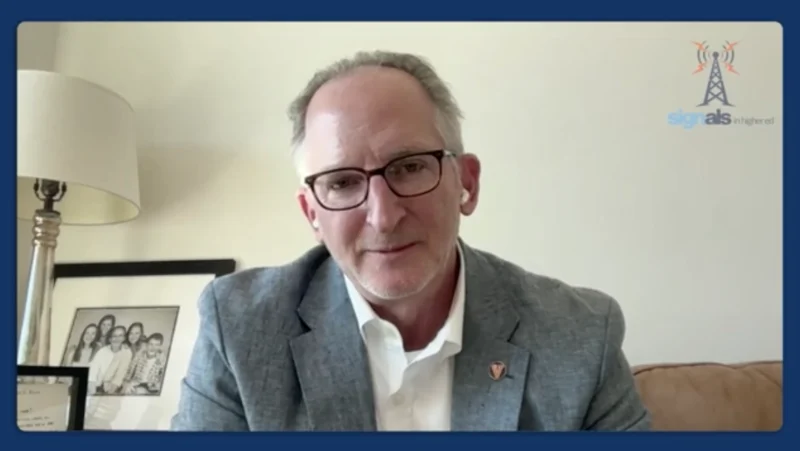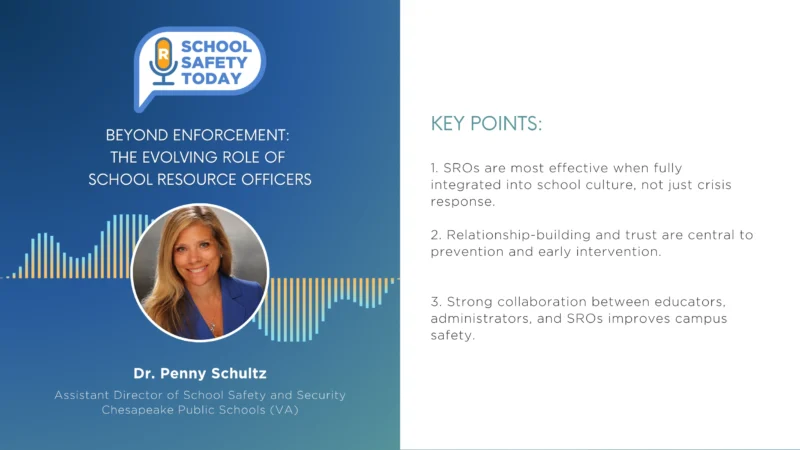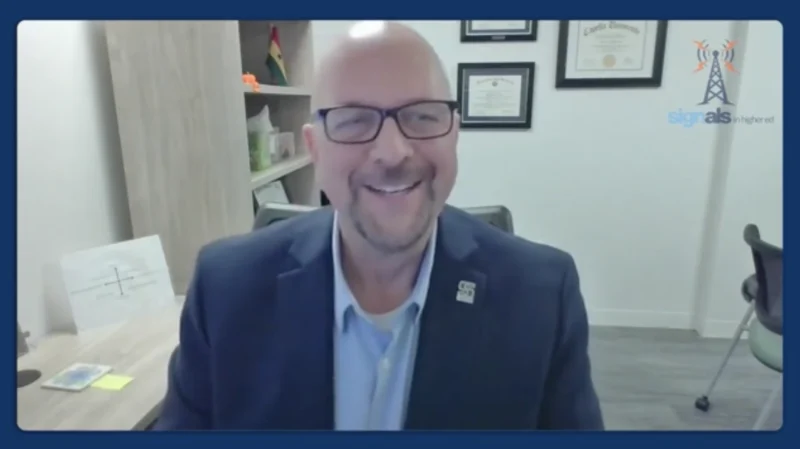Shaping Successful Citizens: Destroying the School-to-Prison Pipeline for Student Success
In this episode of School Safety Today by Raptor Technologies, host Dr. Amy Grosso interviews Chief Ronald Applin, Chief of Police at Atlanta Public Schools. The conversation centers around the department’s unique approach to law enforcement, focusing on student well-being, mental health, and reducing the school-to-prison pipeline. Chief Applin explains how the department addresses the gap in law enforcement services, with an emphasis on restorative practices and positive behavior interventions, aiming to ensure that students are not criminalized for issues that can be addressed through support and guidance.
KEY POINTS:
- How they use restorative practices to help address issues while holding students accountable for their actions.
- Providing specialized training in mental health first aid, social-emotional learning, and crisis intervention to enable officers to be guardians alongside being a warrior.
- Using an Intervention Specialist to change the trajectory of students’ lives.
- Building strong officer relationships with students, often acting as mentors and engaging in non-custodial conversations that help foster trust to increase school safety.
Our guest, Chief Ronald Applin, Chief of Police, Atlanta Public Schools, has over 32 years of law enforcement experience. After completing boot camp for the United States Marine Corps, he served in the Marine Corps Reserves for 6 years. He simultaneously began his career with the Fulton County Sheriff’s Office in 1989 and retired in 2010 at the rank Captain. During his tenure at the Fulton County Sheriff’s Office, he commanded the day-to-day operations of the Law Enforcement Division, SWAT Team, oversaw the implementation of 911 services for the City of Chattahoochee Hills and served as the Venue Commander for the 2008 Brian Nichols Trial. In 2011, he became a faculty member with Reinhardt University Public Safety Institute, where he continues to serve, teaching undergraduate and graduate level criminal justice courses. He also taught in the Law and Justice Program at Creekside High School. His love for public safety led him to accept an offer to serve as the Director of Security at Landmark Christian School in 2013. The experiences gained in this position prepared him for the highlight of his law enforcement career—being selected as the Chief of Police for the newly created Atlanta Public Schools Police Department. As a product of the Atlanta Public School System, Charles Lincoln Harper High School 1986 graduating class, this was a full circle moment for him. Chief Applin earned a Bachelor of Science Social Science in Criminal Justice from Mercer University, Master of Public Administration from Troy University, and has completed all coursework, with the exception of a dissertation, for his PhD in Criminal Justice from Capella University. He is also a graduate of the FBI National Academy 220th Session and a graduate of the inaugural class of Mercer University’s Public Safety Leadership Institute. Chief Applin’s leadership and professionalism extend beyond the halls of the schools he serves. He is an active member of the Georgia Association of Chiefs of Police (GACP), International Association of Chiefs of Police (IACP), Georgia Alliance of School Resource Officers and Educators (GASROE) Board of Directors, National Center for School Safety Advisory Board, Landmark Christian School Board of Directors and Atlanta Technical College Criminal Justice Program Advisory Committee, Graduate of the United Way VIP 2021.




